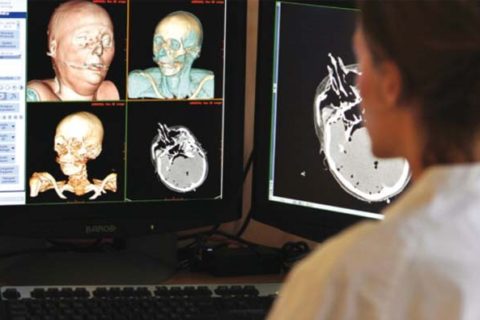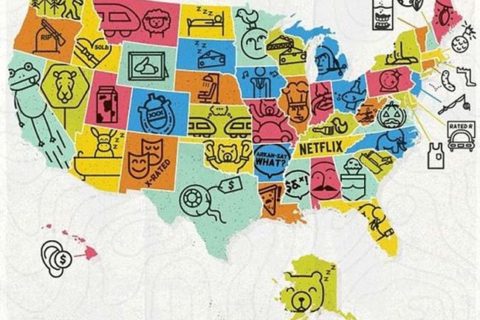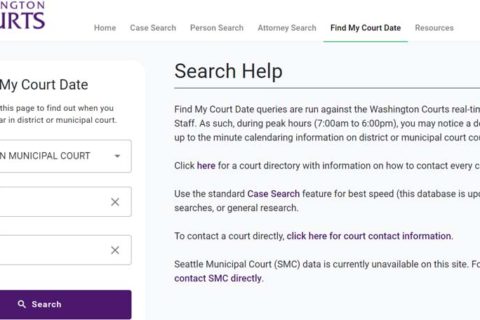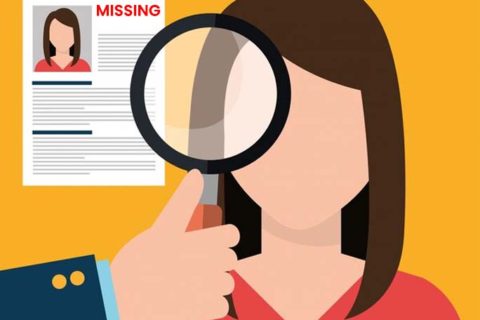You may often find posts with the number “12” on various social media, which apparently refers to “cops”. Small talk on forums or in the comments also often includes this number. Some already know what it is, while others have no idea what the 12 means.
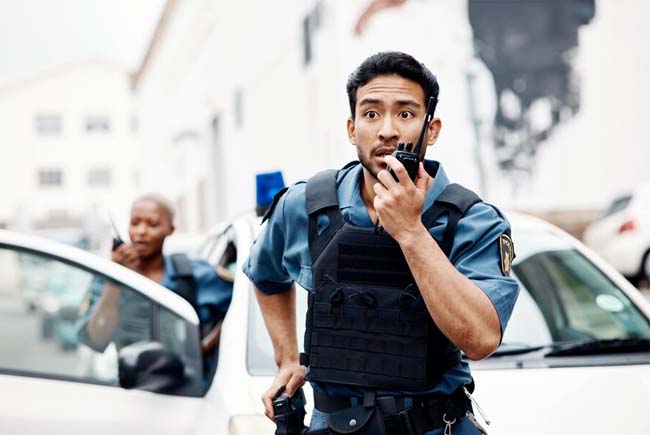
Many use the 12 followed by other words either in front of the number or after it; usually, these words are insulting or sarcastic due to their dislike of the cops. But not all are like that since the 12 is also used to warn people to avoid areas where the police officers are present.
Regardless of the number, you may want to know why the cops are called 12. Is this really another official name for the police unit? To know what the 12 is, you can discover it through our post.
Read also: Types of Departments Within the Police
Why Are the Cops Called 12, and Where Does It Come From?
Even though “12,” referring to cops, is popularly used in southern states, especially Georgia, there’s no clear scientific theory that supports this term. Many believe that “12” is a slang term that has been popularized in pop culture and is not officially a police nickname.
In fact, many movies, TV shows, and music have used the 12. And over time, it has become a widely accepted nickname for cops. Today, many use the 12 for every post, video, or statement related to cops.
Of course, there are so many theories why cops are called 12, but it makes the most sense to refer to one of the classic TV shows called “Adam-12.” This show actually showed the two cops of the Los Angeles Police Department (LAPD), i.e., Pete Malloy and Jim Reed.
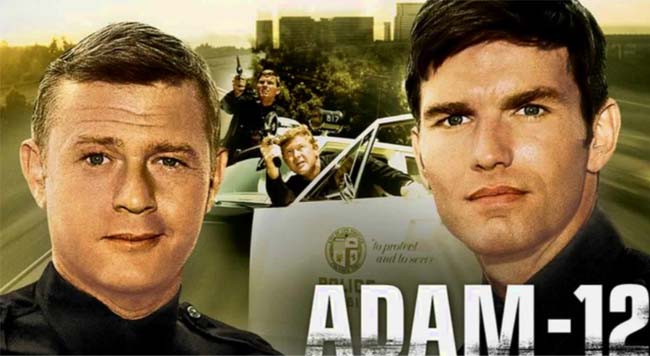
This TV show actually aimed to realistically depict policing and help familiarize the American public with police procedures and jargon. Taking place from 1968 to 1974, the series followed them when they patrolled Los Angeles using their car, which was given the call sign “1-Adam-12.”
Due to the widespread influence of the TV show, the two cops’ car was numbered 12. It really makes sense if “12” is a common term when calling the police. However, many also deny it because it seems strange if this term is associated with a TV show that is more than 50 years old.
In Atlanta, the term “10-12” comes from drug dealing culture, and it is used when the suspect is present at the scene. Over time, “12” itself refers specifically to narcotics officers, which means not all cops in general. When the number is used, it directly indicates that the officers are nearby.
This theory is also supported by a song from Migos, “F*ck 12,” with the lyrics, “Aye throw that sh*t, throw that sh*t 12 outside.” This piece of lyric has the meaning of telling you to throw the drugs outside so that the cops don’t find out.
Another theory revealed that the 12 might come from the police radio codes, which are often used historically. Some police departments use “12” to inform the cops about the problem and what they will face when they arrive at the scene.
The last theory of the “12” refers to the acronym used as a political slogan, “A.C.A.B., (All Cops Are B—ds”), which is sometimes numerically translated as “1312.” The numbers 1 = A, 3 = C, and 2 = B.
In this theory, many use this term to form a shorter phrase, i.e., “12.” But it would make more sense to use “13” to refer to cops. If the term “12” is associated with A.C.A.B., this theory is such an incorrect etymology.
How is the Term “12” Used in Society That Refers to Cops?
The term “12” began to be used by people in the late 1960s. The funny thing is that this slang term has developed very quickly and has become popular in recent years because of the importance of reminding civilians about the presence of law enforcement.
There are various purposes for using the term 12 to refer to the cops. The use of the term actually does not convey a negative meaning, but since slang has developed, in some cases, calling police with 12 can be considered insulting.
Even so, the reason why the cops are called 12 is to alert the cops responding to the call that there may be other people in the vicinity of the location they are heading to. Of course, this helps the police know what they might encounter when they get there.
Another reason people use 12 is to notify others that there are cops around them. Usually, this is done to help other people, especially those who may be committing crimes, so that they know that they could be caught.
Why Does It Have to be 12?
There’s no doubt that the 12 doesn’t come from using digit numbers on the phone to call cops like “911.” Some speculated that 12 was obtained from “9+1+1,” but it was not because it could result in “11.” So, this theory was refuted.
When it comes to why the term should be 12, it is also unclear, but in many cultures, the number 12 is often considered significant. We know that there are 12 hours on a clock, 12 months in a year, 12 apostles in Christianity, and 12 zodiac signs.
According to numerology, the number “12 is associated with perfection and completeness. In slang terms, numbers are sometimes used to represent words or concepts in a shorter and more efficient way.
However, shortening words could be useful, particularly in spoken language. That’s why the 12 slang terms have different meanings in different cultures. In the police code system, the 12 could also mean’stand by,’ which is a common phrase used on police radio frequencies.
Conclusion
The origin of the term “12” is not entirely clear. How a language or term is obtained and where it comes from is a complex matter to discuss. However, linguistic culture grows in convoluted ways where local dialects pick it up, develop it, and spread it.
One thing is for sure: the term “12” is currently used for various purposes, including alerting cops who are responding to calls about what they may face on their way to the scene, warning civilians that police have arrived or are on their way to help them escape law enforcement, or even insinuating or insulting cops in connection with an incident involving the police.

A bookworm and researcher especially related to law and citizenship education. I spend time every day in front of the internet and the campus library.

